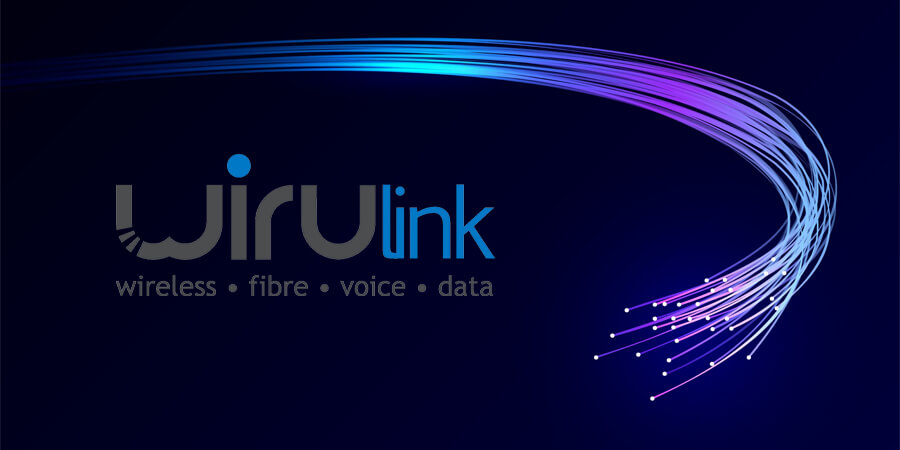Wirulink, a South African internet service provider (ISP), offers cheaper 100 Mbps fiber packages than some of its larger competitors, such as Afrihost and Axxess, according to a recent analysis. The review concluded that there was generally a difference of R100 to R200 between the cheapest and most expensive ISPs for a given fiber network operator (FNO).
In terms of the prices offered by FNOs, Octotel, Herotel and MetroFibre were found to be the most affordable, outperforming Frogfoot, Vumatel and Openserve. Octotel emerged as the cheapest FNO for most ISPs. It should be noted that Herotel is an exception, as it operates as both an FNO and an ISP, meaning that consumers have no choice of ISP on Herotel and can only use Herotel's services.
Fibre package prices are set in combination between ISPs such as Afrihost, Axxess and Herotel, as well as FNOs such as Vumatel, Openserve and Frogfoot. FNOs install fiber infrastructure in neighborhoods and connect homes, complexes, buildings and businesses to the fiber network. ISPs compete to offer fiber packages to consumers over the infrastructure installed by FNOs, typically buying wholesale capacity and packaging it into products.
Herotel argues that middlemen such as ISPs add to the price paid by consumers. Although the company offers the lowest prices of any combination, it recently announced a price increase that will significantly erode its pricing advantage.
The analysis selected symmetrical packages with equal download and upload speeds for comparison. Frogfoot and Openserve do not offer a 100 Mbps fiber package, making them challenging to compare. Their 150 Mbps packages were used for this analysis, although it should be noted that Frogfoot has a cheaper 80 Mbps service and Openserve a 75 Mbps one. Some FNOs charge a once-off installation fee that ISPs pass on to customers, while others do not. Some packages also include a router as part of the package, but these price differences were not factored into the analysis.
